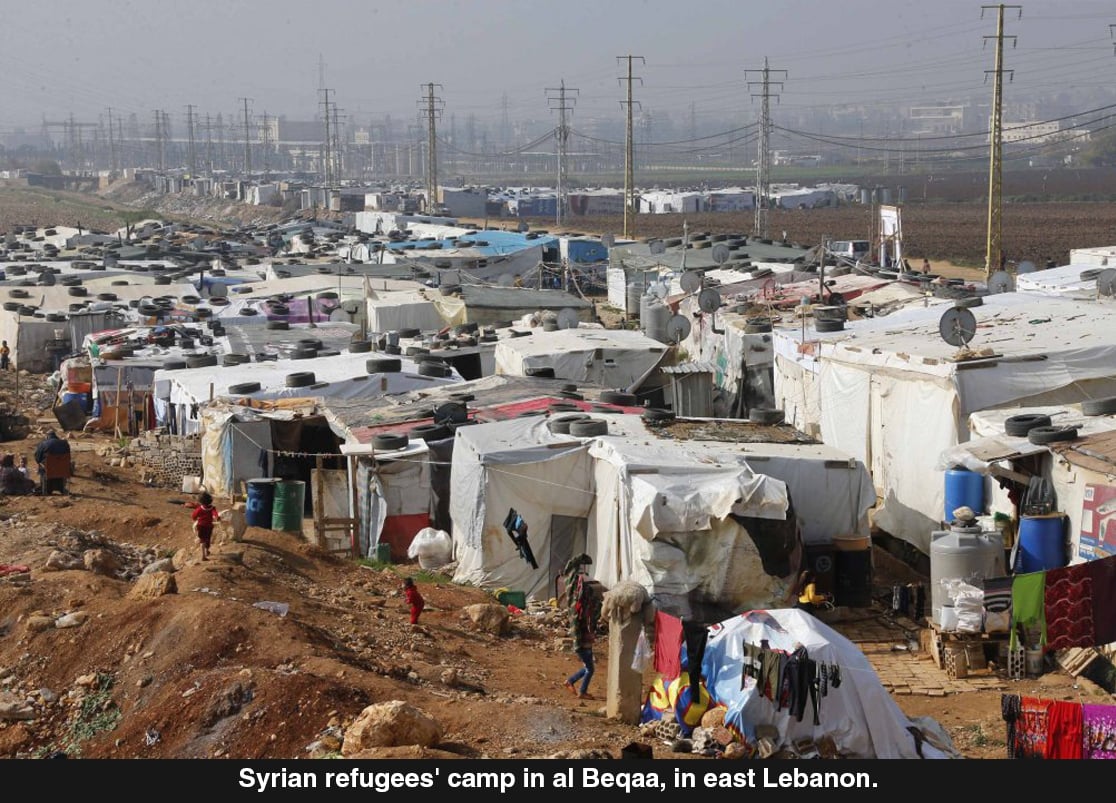
BY: (Mohamed Azakir / REUTERS)
In its session on 14 July 2020, the Lebanese Council of Ministers gave preliminary approval to a paper prepared by the Ministry of Social Affairs in Lebanon outlining its plans to organize Syrian refugees’ return to Syria and its policy to deal with the Syrian file under three main areas: the Lebanese dimension, the Lebanese-Syrian dimension and the Lebanese-international dimension. The undersigned organizations condemn this paper and have serious concerns about it in case this version is correct.
The plan, which has not been officially published but has circulated in several local and regional media outlets, relies on information containing a number of inconsistencies, including relying on information that a report by UNHCR concluded that 89% of Syrian refugees intend to return to Syria. In fact, the UNHCR study concludes that the circumstances are not appropriate for safe return and shows an increase in the percentage of Syrians who do not intend to return to Syria from Lebanon during the next year, by 85% to 88%.
The UNHCR study also confirms that safety and security concerns, followed by the lack of livelihood opportunities, are the main factors affecting refugees’ decisions, contrary to the Lebanese government’s paper, which claimed the improvement of living conditions in Syria as its justification for adopting such a policy. In addition, the paper contradicts the conclusions of surveys and studies prepared by countries that have accepted many Syrian refugees. For example, a study prepared by the German Foreign Office last June concluded that the security conditions in Syria are not safe to return.
The Lebanese government paper also cites several measures and procedures adopted by the Syrian government, including a set of amnesty decrees that cover several violations and crimes committed in Syria. However, these decrees have mostly not applied to prisoners of conscience, political detainees, aid workers or public figures, including humanitarian workers, which raises real concerns about the capacity of these decrees to remove threats against returning refugees.


